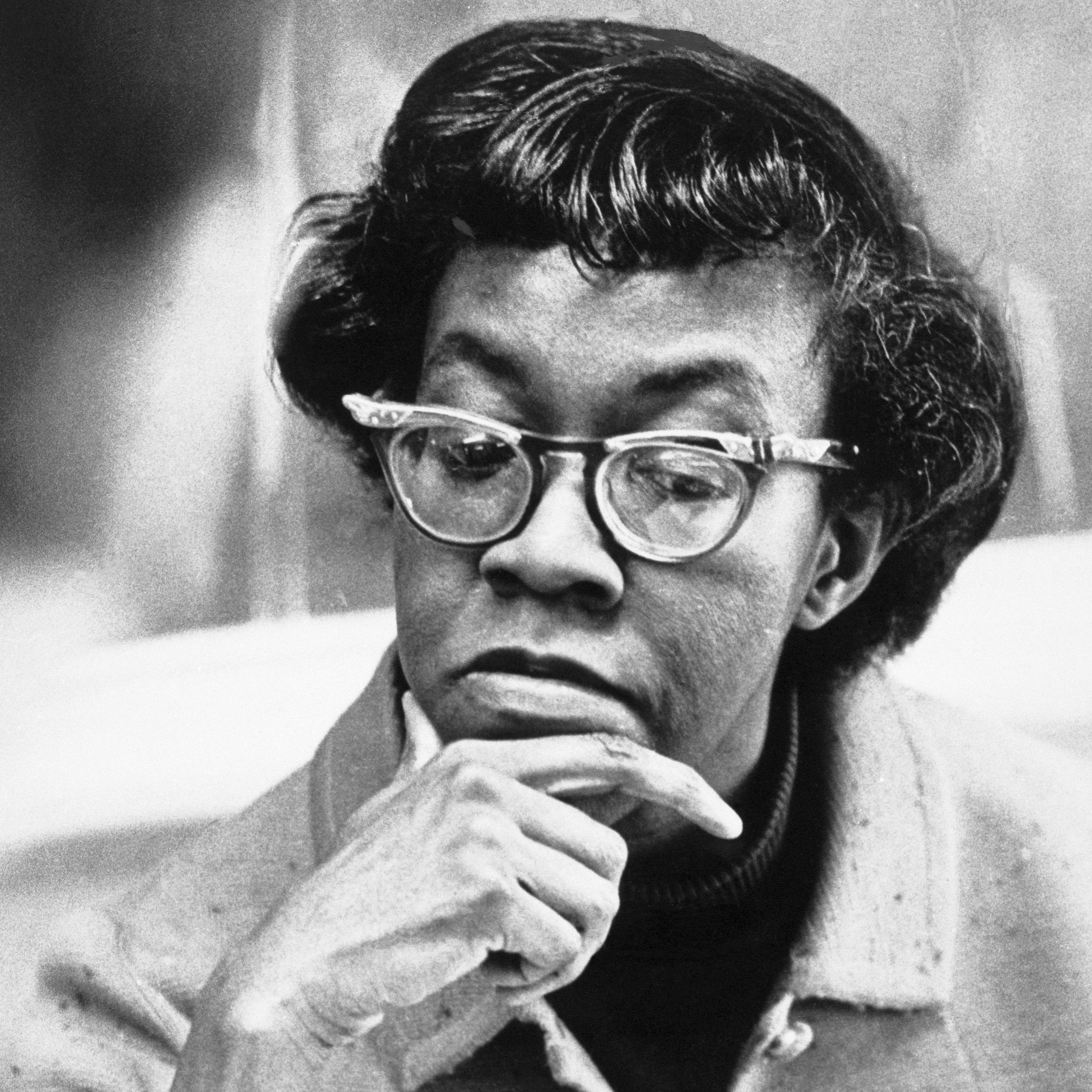Sit down. Inhale. Exhale.
The gun will wait. The lake will wait.
The tall gall in the small seductive vial
will wait will wait:
will wait a week: will wait through April.
You do not have to die this certain day.
Death will abide, will pamper your postponement.
I assure you death will wait. Death has
a lot of time. Death can
attend to you tomorrow. Or next week. Death is
just down the street; is most obliging neighbor;
can meet you any moment.
You need not die today.
Stay here--through pout or pain or peskyness.
Stay here. See what the news is going to be tomorrow.
Graves grow no green that you can use.
Remember, green's your color. You are Spring.
Published:
1986
Length:
Regular
Literary Movements:
Black Arts Movement
Anthology Years:
2019
2021
Themes:
Death & Loss
Health & Illness
Poetic Form
Literary Devices:
Anaphora
a figure of speech in which words repeat at the beginning of successive clauses, phrases, or sentences
Epistrophe
the repetition of a word or phrase at the end of successive clauses
Epizeuxis
words or phrases repeated one after another in quick succession
Personification
the attribution of human qualities to a non-human thing
Repetition
a recurrence of the same word or phrase two or more times
Varied syntax
diverse sentence structure

